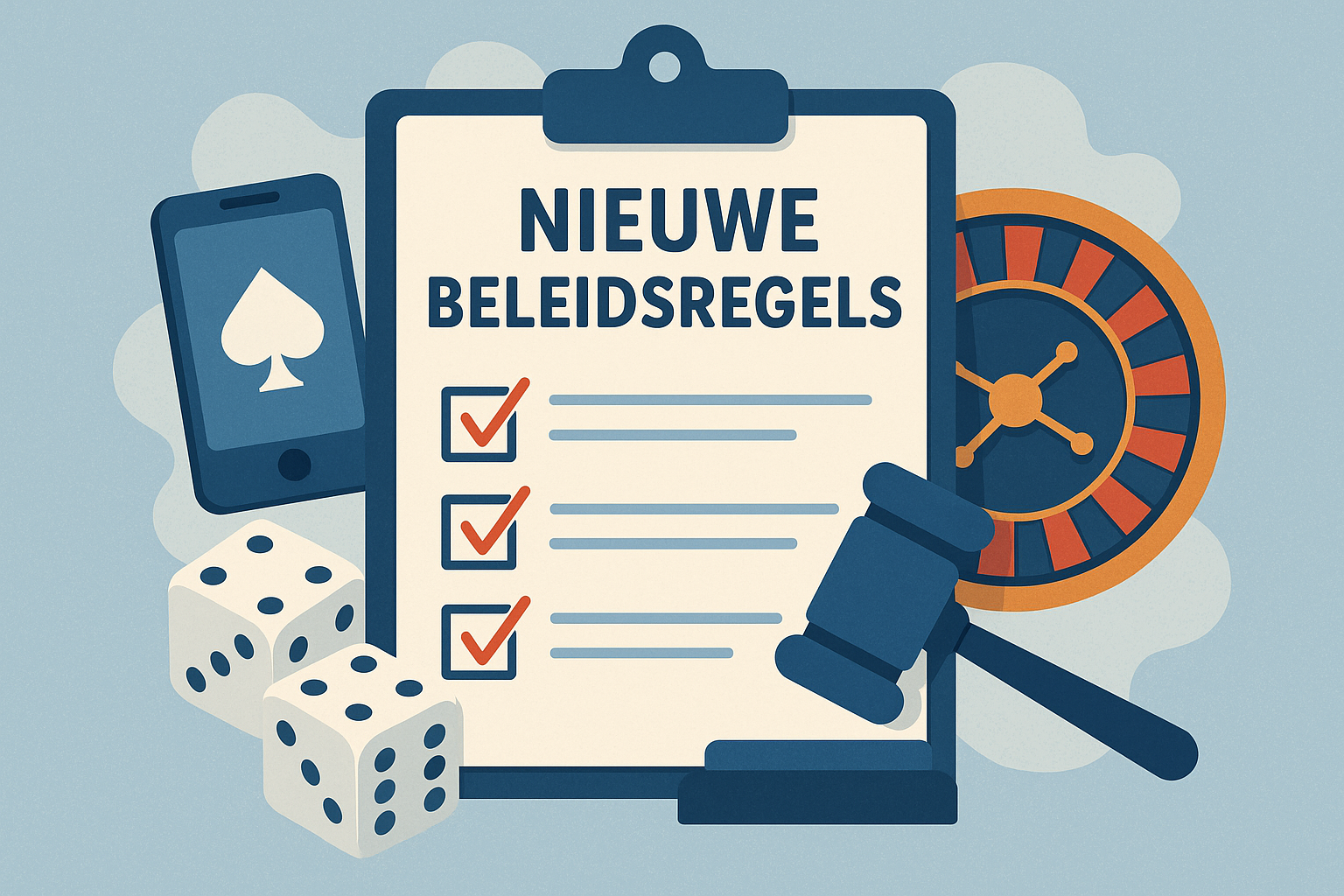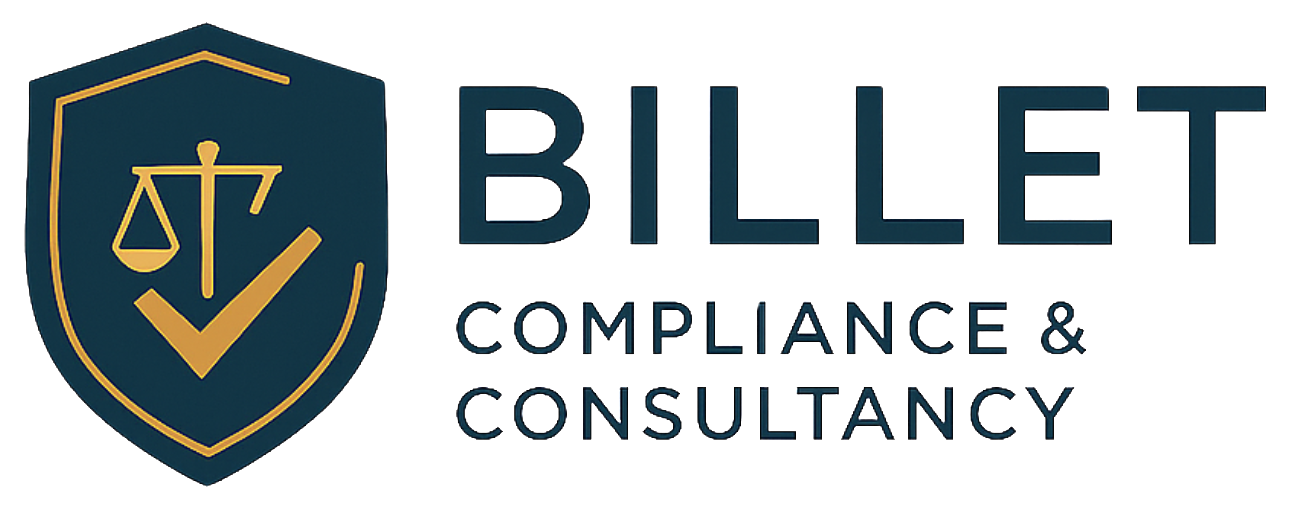
New policy rules (Netherlands) for remote gambling as of January 1, 2026: what will change?
As of January 1, 2026, new policy rules apply to the licensing process for remote gambling. These rules were issued by the Dutch Gambling Authority (Kansspelautoriteit) and published in the Policy Rules for Remote Gambling Licensing (effective January 1, 2026).
As a stakeholder involved in the preliminary phase of this policy development, I provide in this blog an overview of the key changes and implications for online gambling operators.
Reasons for new policy rules?
The Kansspelautoriteit aims to:
- Clarify and simplify the licensing procedure, especially for renewals;
- Reassess the reliability and integrity of operators;
- Strengthen player protection, particularly for vulnerable groups;
- Improve enforcement of gambling laws and regulations.
Key Considerations
1. Stricter Integrity Assessment
Applicants will continue to undergo a Bibob and reliability screening. The Authority will assess:
- Dutch court rulings;
- Involvement in criminal activities;
- Integrity of executives and key personnel;
- Behavioral improvements following enforcement or norm-transferring discussions.
For renewals (legally considered new applications), the Authority will factor in its supervisory experience. Past violations may result in additional conditions, shortened license duration, or denial of renewal.
2. Mandatory Exit Plan
Operators must submit a detailed and updated exit plan outlining how they will wind down their gambling offering upon license termination. This includes payout of player funds and communication with players and the regulator.
3. Player Funds: No More Bank Guarantees
Player funds must not be part of the operator’s risk-bearing capital. Bank guarantees and third-party accounts are no longer permitted. Instead, a Dutch foundation for third-party funds (e.g., via EM Group) or an alternative arrangement meeting strict requirements must be used.
4. Compliance via Declaration
Existing license holders may, for many components, submit a declaration of compliance when applying for renewal. This simplifies the renewal process compared to the initial application.
5. Notification Procedure for Renewals
License holders must include a document explaining how they will timely inform the Authority of significant policy or operational changes.
Final remarks
The new policy rules mark a significant step in the professionalization of the Dutch online gambling market. They offer greater clarity and strengthen player protection.
For license holders operating in the Netherlands, now is the time to start preparing.
This blog is, of course, only a summary of what needs to be done in practice.
Want to know how to prepare your organization for these new rules? Get in touch.
